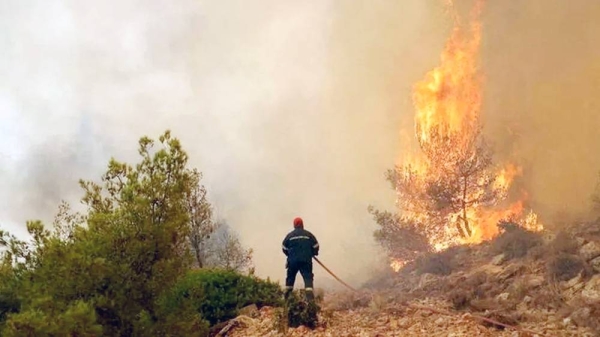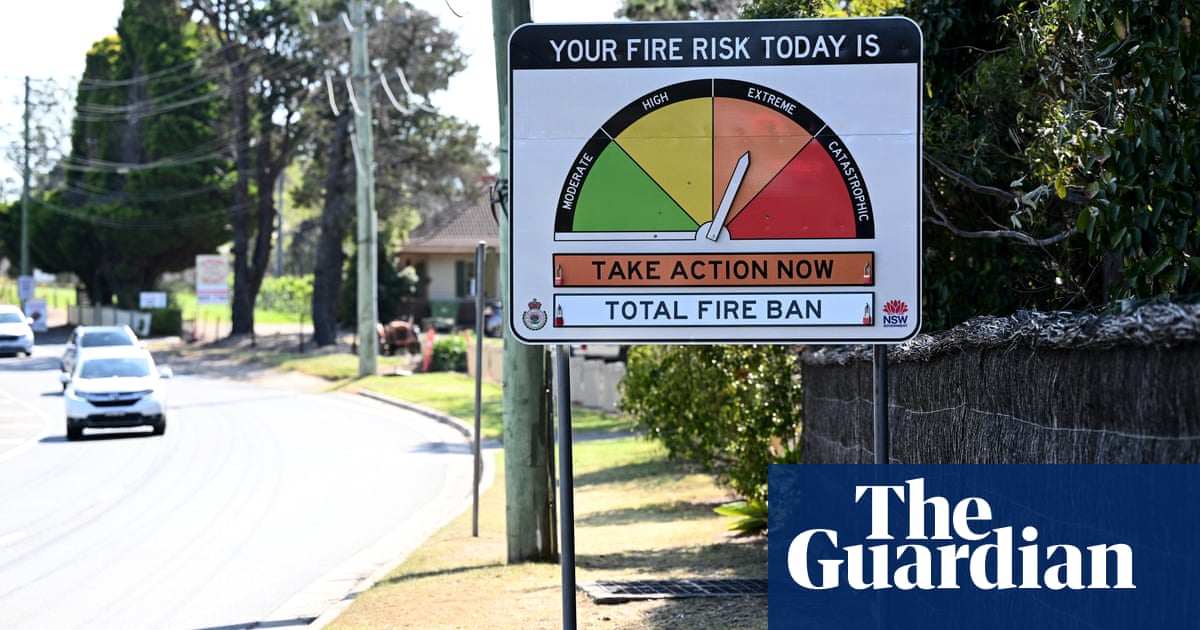
Greece is bracing for more intense heat this weekend, with meteorologists warning that temperatures could climb as high as 45C (113F).
People have been advised to stay home, and tourist sites — including Athens’ ancient Acropolis — will be shut during the hottest parts of the next two days.
It could turn into Greece’s hottest July weekend in 50 years, one of the country’s top meteorologists says.
Meanwhile, firefighters are continuing to battle dozens of wildfires.
Emergencies and civil protection officials are warning of a very high risk of new blazes across the country.
Western Attica — just west of Athens — is among the worst-hit areas, along with Laconia in the southern Peloponnese and the island of Rhodes.
Greece’s EU partners have provided help, including firefighting planes from France and Italy and more than 200 firefighters from Poland, Slovakia, Romania and Bulgaria. Neighboring Turkey is also sending some aircraft to help.
Greece — like a number of other European countries — saw a prolonged spell of extreme heat earlier this month. The latest heatwave comes at one of the busiest times for the country’s tourism industry.
In its latest bulletin, the Hellenic National Meteorological Service (HNMS) warns that central and eastern regions of Greece are likely to see temperatures reaching 44C on Saturday.
And it forecasts an even hotter Sunday, with 45C possible in central Greece.
“This weekend risks being the hottest registered in July in the past 50 years,” said Panagiotis Giannopoulos, a meteorologist with state broadcaster ERT, quoted by AFP news agency.
“Athens is going to have temperatures above 40C for six to seven days, through to the end of July,” he added.
After a slight drop on Monday a new heat surge is expected on Tuesday.
Officials fear this could be the worst heatwave since the summer of 1987, when hundreds of deaths were linked to the extreme weather.
Across Greece, a number of people have already lost their homes to wildfires. In one region, several villages have been consumed by the blazes.
One man told the BBC he did not even have a bed to sleep on anymore, and was now living in a hotel.
Climate change increases the risk of the hot, dry weather that is likely to fuel wildfires. The world has already warmed by about 1.1C since the industrial era began and temperatures will keep rising unless governments around the world make steep cuts to carbon emissions.
Spain and Italy are among the Mediterranean countries which have also experienced intense heat this week, while parts of the US are also seeing records broken. — BBC












